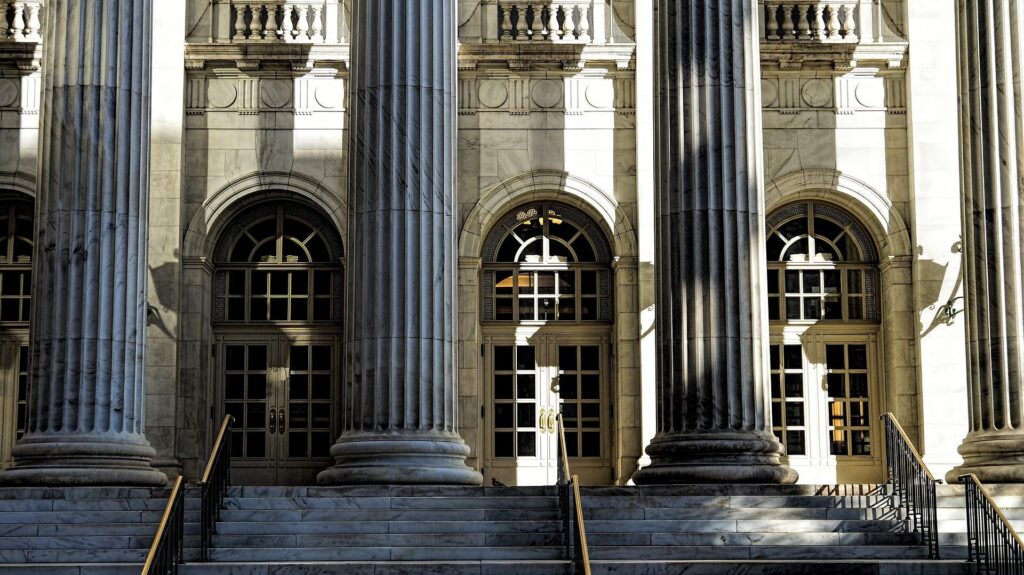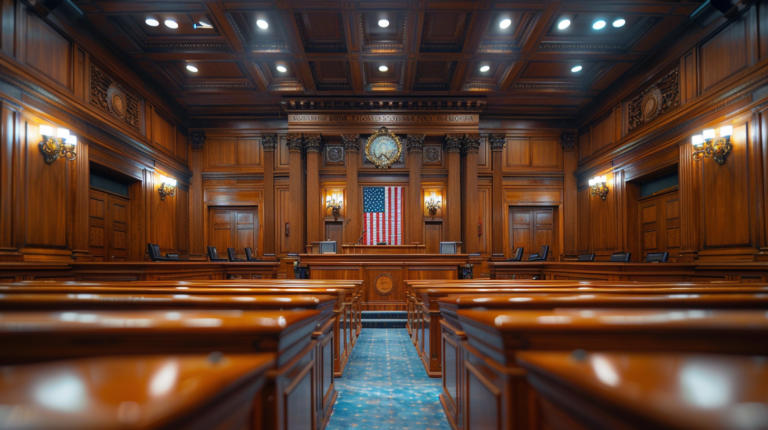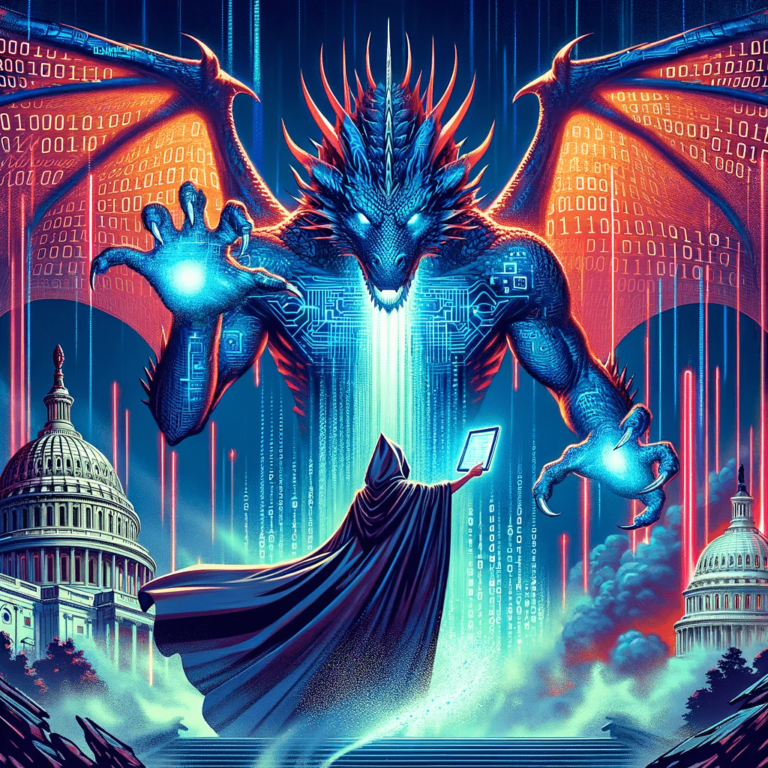
The global coronavirus pandemic is a disruptive economic and public health event unlike any in recent memory. Few sectors remain untouched: 30 million Americans have filed for unemployment, non-essential businesses around the world have shuttered in response to shelter-in-place orders, and supply chains in every corner of the world are compromised. Even as some countries and US governors move to reopen the economy, many consumers and businesses are reluctant to fully engage. Health, safety, and legal liability are hot-button issues for employers weighing whether to reopen, and many fear the potential for legal minefields surfacing in a post-COVID-19 world.
In Focus: Insurance Payouts
Forced closures have meant steep revenue declines for businesses of all sizes. As a result, some companies have already begun claiming their insurance policies cover lost revenue from the coronavirus outbreak on the grounds of business interruption insurance. Many providers, however, beg to differ.
Business interruption insurance is designed to “[help] replace lost income and pay for extra expenses when a business is affected by a covered peril” – typically an incident like a natural disaster that damages property. Insurers, however, prompted by less-widespread outbreaks of diseases like SARS, have since “added language over the years to seek to exclude communicable diseases as triggers,” according to recent report in The Wall Street Journal.
Claims for business interruption insurance stemming from the coronavirus are already being rejected, establishing conflicts that will be fought policy by policy based on contractual language. Some cases, such as a class-action lawsuit brought by a Wisconsin restaurant, are already taking shape. While insurers have publicly expressed confidence they will “have limited exposure to coronavirus-related claims under any type of coverage they sell,” disputes typically focus around ambiguities in policy language, which “typically are construed in favor of policyholders.”
Compromised Deals
Inter-company disputes are also developing. News broke in early April that Japanese holding company SoftBank would not buy back $3 billion in WeWork stock as part of a $9.5 billion bailout of the struggling office space provider, as announced in late 2019. SoftBank cited unmet conditions in their decision, including “the failure to obtain antitrust approvals and complete takeovers of joint ventures in Asia,” government investigations that began after the offer to buy the shares was signed in October, coronavirus-related restrictions, as well as mounting financial pressure.
As a result, WeWork is suing SoftBank, alleging a “clear breach of its contractual… [and] fiduciary obligations” brought on by growing financial pressure. WeWork’s founder, who stood to benefit handsomely from the buyback, has indicated he will do the same. Both suits intend to force SoftBank to go through with its offer or otherwise compensate the parties who stood to benefit from the deal.
Workers and the Novel Coronavirus
Perhaps most fraught is a single issue: how to reopen businesses and restart the economy while keeping workers safe. Some states, including Georgia and Texas, have moved to relax restrictions and to kick-start economic activity, but not all businesses are on board. Some have argued that it is simply too soon to come back, citing unclear regulations, fear of new infections leading to a second shutdown, and legal action.
Lobbying groups have already asked Congress “to pass measures that would protect companies large and small from coronavirus-related lawsuits when states start to lift pandemic restrictions.” Businesses want assurance they will not “be held liable for policy decisions by government officials, should employees or customers contract COVID-19 once operations resume,” along with “protection from litigation that could result from coronavirus-related disruptions to issues like wages and hours, leave and travel.”
The concerns carry weight. In early April, a wrongful death lawsuit was brought against Walmart by the family of an employee who died from complications related to COVID-19. The suit alleges that the employee, Wando Evans, “told store managers about his symptoms, but was ignored.” It also accuses Walmart of “not adequately clean[ing] the store, enforc[ing] social distancing, notify[ing] employees about colleagues who were showing coronavirus symptoms, and provid[ing] protective gear, such as gloves and masks.”
Despite some large companies like Boeing and Volkswagen reopening factories in affected areas, other businesses like Gap Inc. are neglecting to open for the foreseeable future. Coca-Cola, headquartered in Atlanta, Georgia, announced most of its office workers would continue to work remotely for the time being. Other companies are introducing new procedures and safety measures as they welcome customers back; still others are negotiating with unions before resuming operations. The lack of assurance over protections, however, looks likely to remain a major sticking point as lobbyists argue for “a regulatory and legal framework that recognizes the unprecedented risks to businesses, including essential businesses that have remained open throughout the health crisis.”
An Uncertain Future
More than any other factor, a shortage of tests is likely to remain the major hurdle towards an extensive economic reopening. Until more extensive testing, treatments, and/or a vaccine are developed, the patchwork of federal, state, and local containment measures are likely to push many businesses towards a cautious approach – given the shadow of potential legal obligations. Congress is taking up the issue now, but it is unclear what legal protections – if any – may be extended to businesses. Like so many aspects of business and life during a global pandemic, the landscape is defined by unknowns – with no concrete resolution in sight.







